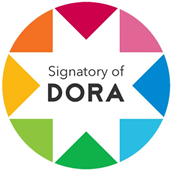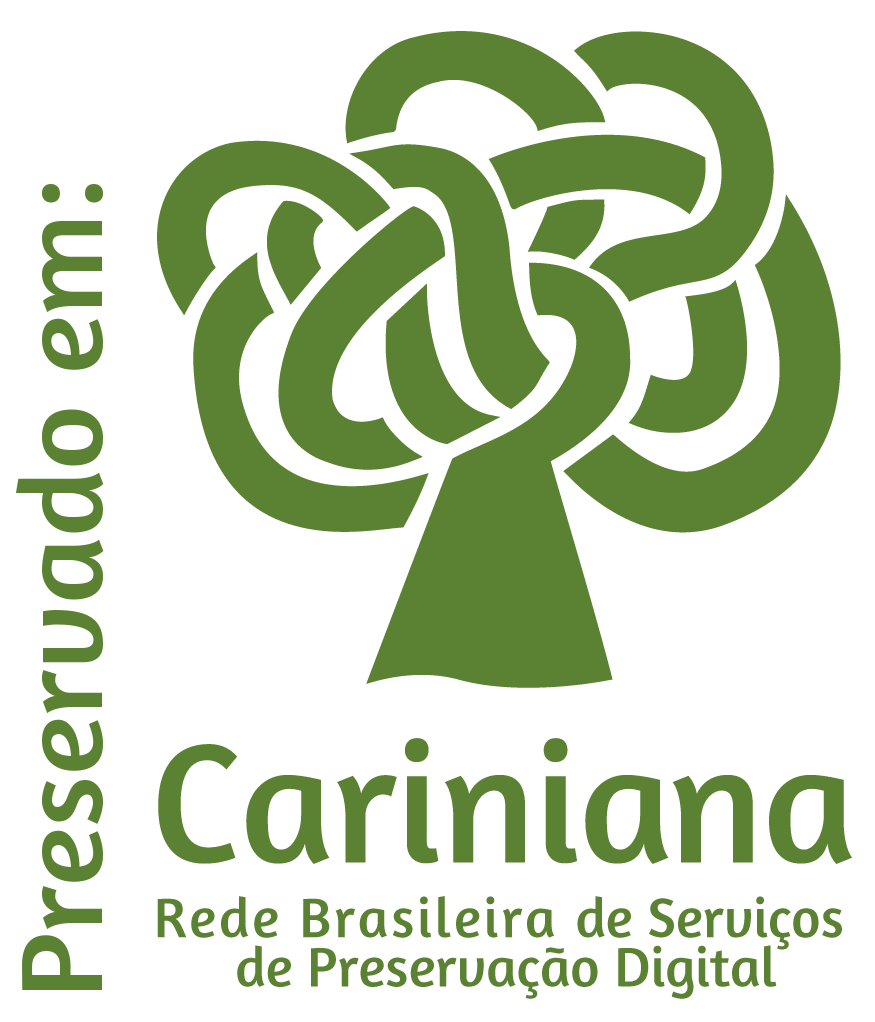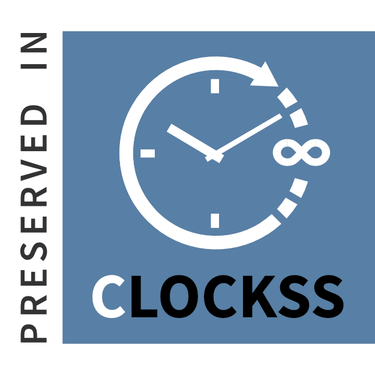The study of the point in a game
playfulness in teaching Descriptive Geometry
DOI:
https://doi.org/10.31417/educitec.v8.1898Keywords:
Descriptive geometry, Digital game, Game based learningAbstract
This article, motivated by the difficulty of high school students in understanding the contents of Descriptive Geometry, seeks to answer the following question: could a digital game for smartphones help in understanding the study of the point? As it is a content that serves as the basis for more abstract concepts of Descriptive Geometry, the difficulty in this content can generate gaps that will impact the following more complex theories. This work deals with the partial results of an ongoing master's research that aims to analyze how high school teachers perceive the relevance of a digital game for the study of the point. Thus, the guiding theories of game design are presented here, adopting the concepts of playfulness, game-based learning and meaningful and distracted learning. The concepts of the point study will be succinctly exposed so that the reader can then understand the context and dynamics of the game. In this case study, seven recent high school graduates from the institution that hosted the research were invited to evaluate “Frogo, the Point Study Game”. Thus, after enjoying the game, participants anonymously answered an electronic form with open and closed evaluative questions. The results obtained from this initial consultation indicate that Frogo can be a motivating digital pedagogical resource for digital native students with the potential to contribute to fun learning and serve as an incentive to the emergence of projects like this that aspire to a less traditional educational paradigm.
Downloads
Metrics
References
AUSUBEL, D. P. Aquisição e retenção de conhecimentos: uma perspectiva cognitiva. Lisboa: Paralelo, 2003.
BARDIN, L.. Análise de conteúdo. Lisboa: Edições 70, 2011.
BERALDI, G. M.; LANNES, E. J.; MATTOS, F. R. P.; COSTA, C. S. Lazer produtivo: uma proposta de aprendizagem distraída para a disciplina desenho geométrico. e-Mosaicos, v. 6, n. 12, p. 162-175, 2017. DOI: https://doi.org/10.12957/e-mosaicos.2017.28748
CSIKSZENTMIHALYI. M. Flow: The psychology of optimal experience. New York: Harper & Row, 1990.
FREIRE, P. Pedagogia do oprimido. Rio de Janeiro: Paz e Terra, 1987.
GEE, J. P.Learning by design: Games as learning machines, Interactive Educational Multimedia, 2004, No. 8, 15-23.
HUIZINGA, J. Homo Ludens: o jogo como elemento da cultura. São Paulo: Perspectiva, 2010.
KAPP, K. M. The Gamification of Learning and Instruction: Game-based Methods and Strategies for Training and Education. San Francisco: John Wiley & Sons, Inc, 2012. DOI: https://doi.org/10.1145/2207270.2211316
KITAOKA, A. C. O uso de tecnologias como ferramenta de apoio às aulas de geometria. 2013. Dissertação (Mestrado em Ensino de Ciências Exatas) – Departamento de Matemática, Universidade Federal de São Carlos, São Carlos.
MOREIRA, M. A. Teorias de aprendizagem. São Paulo: EPU, 1999.
PINHEIRO, V. A. Noções de geometria descritiva: ponto – reta – plano. Rio de Janeiro: Ao Livro Técnico, 1961.
PRENSKY, M. Digital Natives, Digital Immigrants, On the Horizon, Vol. 9, No. 5, 1-6. 2001. Disponível em <https://www.marcprensky.com/writing/Prensky%20-%20Digital%20Natives,%20Digital%20Immigrants%20-%20Part1.pdf>. Acesso em: 24 fev. 2022. DOI: https://doi.org/10.1108/10748120110424816
RODRIGUES, G. M. As revoluções industriais e seu impacto na educação. 2019. Disponível em: <https://abmes.org.br/blog/detalhe/15720/as-revolucoes-industriais-e-seu-impacto-na-educacao>. Acesso em: 24 fev. 2022.
SANTOS, M. G. M. Aplicações do geogebra no ensino de geometria analítica. 86 f. Dissertação (Mestrado em Matemática em Rede Nacional) – Departamento de Matemática, Universidade Federal do Ceará, Fortaleza, 2013. Disponível em: < https://repositorio.ufc.br/bitstream/riufc/12981/1/2013_dis_mgmsantos.pdf>. Acesso em: 24 fev. 2022.
SARTORI, A. S. Educomunicação e a sua relação com a escola: a promoção de ecossistemas comunicativos e a aprendizagem distraída. Comunicação, mídia e consumo. v. 7, n. 19, 2010, p. 33-48. Disponível em: < http://revistacmc.espm.br/index.php/revistacmc/article/download/193/191>. Acesso em: 24 fev. 2022.
SILVA, C. A. C. O jogo de RPG digital como material potencialmente significativo para aprendizagem de conceitos de cinemática. 109 f. Dissertação (Mestrado em Ciências e em Matemática) – Setor de Ciências Exatas, Universidade Federal do Paraná, Curitiba, 2017. Disponível em: < http://www.exatas.ufpr.br/portal/ppgecm/wp-content/uploads/sites/27/2017/03/84_CelsoCardoso.pdf>. Acesso em: 24 fev. 2022.
SILVA, G. H. G.; PENTEADO, M. G. Geometria dinâmica na sala de aula: o desenvolvimento do futuro professor de matemática diante da imprevisibilidade. Revista Ciência & Educação, Bauru, v. 19, n. 2, p. 279-292, 2013. Disponível em: < https://www.scielo.br/j/ciedu/a/g8BLKmSZzCFYQm5DzqBrhXp/?format=pdf&lang=pt>. Acesso em: 24 fev. 2022. DOI: https://doi.org/10.1590/S1516-73132013000200004
SPENCE, I.; FENG, J. Video Games and Spatial Cognition, Review of General Psychology, Vol. 14, No. 2, 92–104, 2010. Disponível em: <http://individual.utoronto.ca/jingfeng1107/files/SpenceFeng_2010_GameReview_RGP.pdf >. Acesso em: 24 fev. 2022. DOI: https://doi.org/10.1037/a0019491
VOLPATO, G. Jogo, brincadeira e brinquedo: usos e significados no contexto escolar e familiar. 2. ed. São Paulo: Annablume, 2017.
Downloads
Published
How to Cite
Issue
Section
License

This work is licensed under a Creative Commons Attribution 4.0 International License.
This work is licensed under a Creative Commons Attribution 4.0 International License
This license allows others to share, copy, redistribute material in any medium or format, adapt, remix, transform and develop the material based on their work, even if commercially, giving due credit and providing a link to the license.
The published articles are the property and full responsibility of their authors, who may have them for later publication, always including the original edition, and EDUCITEC Magazine does not have any legal responsibility for its content.

















